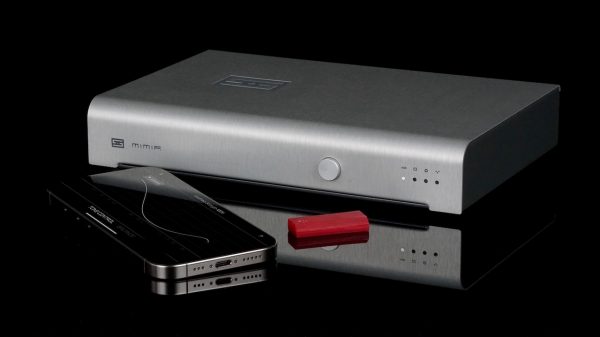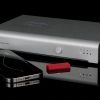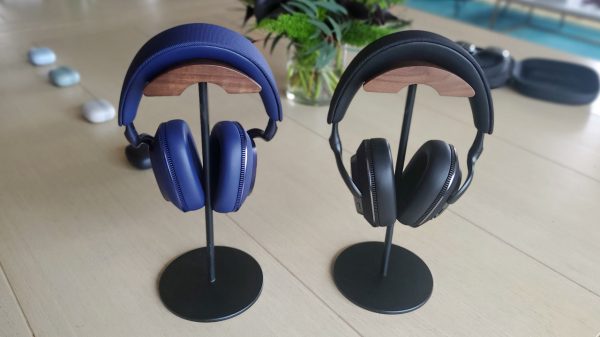Recent data security and retention regulatory requirements have kept healthcare IT staff busy for the past few years. With Google, Revolution Health, and Microsoft moving to expand healthcare/medical search facilities, SOA initiatives related to information sharing and accessibility are being added to the never shrinking To-Do list of those same IT departments. The future of healthcare is demanding that while employees may or may not be working around the clock, information certainly will have to be.
With new technology comes a new competitive landscape, molded around information management. This new market requires reliable infrastructures on which to build patient or B2B portals. IT is playing an increasingly more vital role in the success of healthcare and life sciences organizations. The race is on.
Just like a building requires a solid and stable foundation, so do SOA and modern IT initiatives. Just keeping the PCs and Servers running can no longer be the primary responsibility. IT needs to minimize or eliminate the time spent on maintenance operations. That’s not to say that maintenance can be eliminated, just that it has to be done efficiently and invisibly.
It’s fairly well known that defragmented files mean faster file writes and retrievals. However, file fragmentation, if not handled, will build up to the point that reliability is jeopardized. A solid and stable system foundation demands efficiencies from the slowest part of the computer — the disk subsystem. Slow and or unreliable systems at the core will trickle up to applications that drive the business and jeopardize the viability of information flow and accessibility.
Fragmentation can relentlessly extend load times for large documents, such as from a medical imaging device, which can easily exceed a gigabyte. When a doctor or scientist attempting to access patient records or lab results is staring at an hourglass, vital contributors to business productivity and profitability are negatively affected.
Fragmentation affects the servers just as much as the PCs, if not more so. Servers host data that multiple users, maybe hundreds, need access to. The hardware is more powerful, but the demands are far greater. Waiting for data is bad enough when the end user is staring at an hourglass, but it’s even worse if that employee is engaged with a patient, because now the patient has to wait as well.
Automatic defrag keeps file access optimized, so those users get consistent peak performance, and patients/customers get the rapid service they expect. With such growing competition in the healthcare and life sciences industry, quality of service is a major competitive advantage.
Hospitals never close their doors, but even for outpatient facilities, the days of 9-5 are fading. Patients and their physicians demand access to medical records 24 / 7 / 365. And when those users/patients log in they are accessing data through web portals on company servers.
Michael Materie, Director of Product Management at Diskeeper Corporation noted an interesting phenomenon. “Patients are starting to expect access to their medical information any time — day or night. And, healthcare professional have the same demands of their suppliers. Off-hours are becoming a thing of the past. That is why we evolved Diskeeper’s technology. We understand that there is no window of time that can be relegated to computer maintenance activities like defragmentation.”
At the core of Diskeeper is InvisiTasking™. The application of InvisiTasking is a revolutionary approach to solving fragmentation – defrag in real time. The new methodology replaces antiquated defrag “passes” with the viewpoint of handling fragmentation as it occurs, but only using wasted computers resources to do so. The net result is no fragmentation build up and constant peak performance as the file is already contiguous the next time it is requested.
InvisiTasking also ensures that by solving fragmentation you haven’t inexorably created a new job for yourself in the form of daily management of that new application. Security programs require regular updating, so do operating systems with monthly patches, and those processed need to be scheduled. InvisiTasking allows Diskeeper to be an autonomous application.
Contact: Colleen Toumayan
Email:ctoumayan@diskeeper.com























